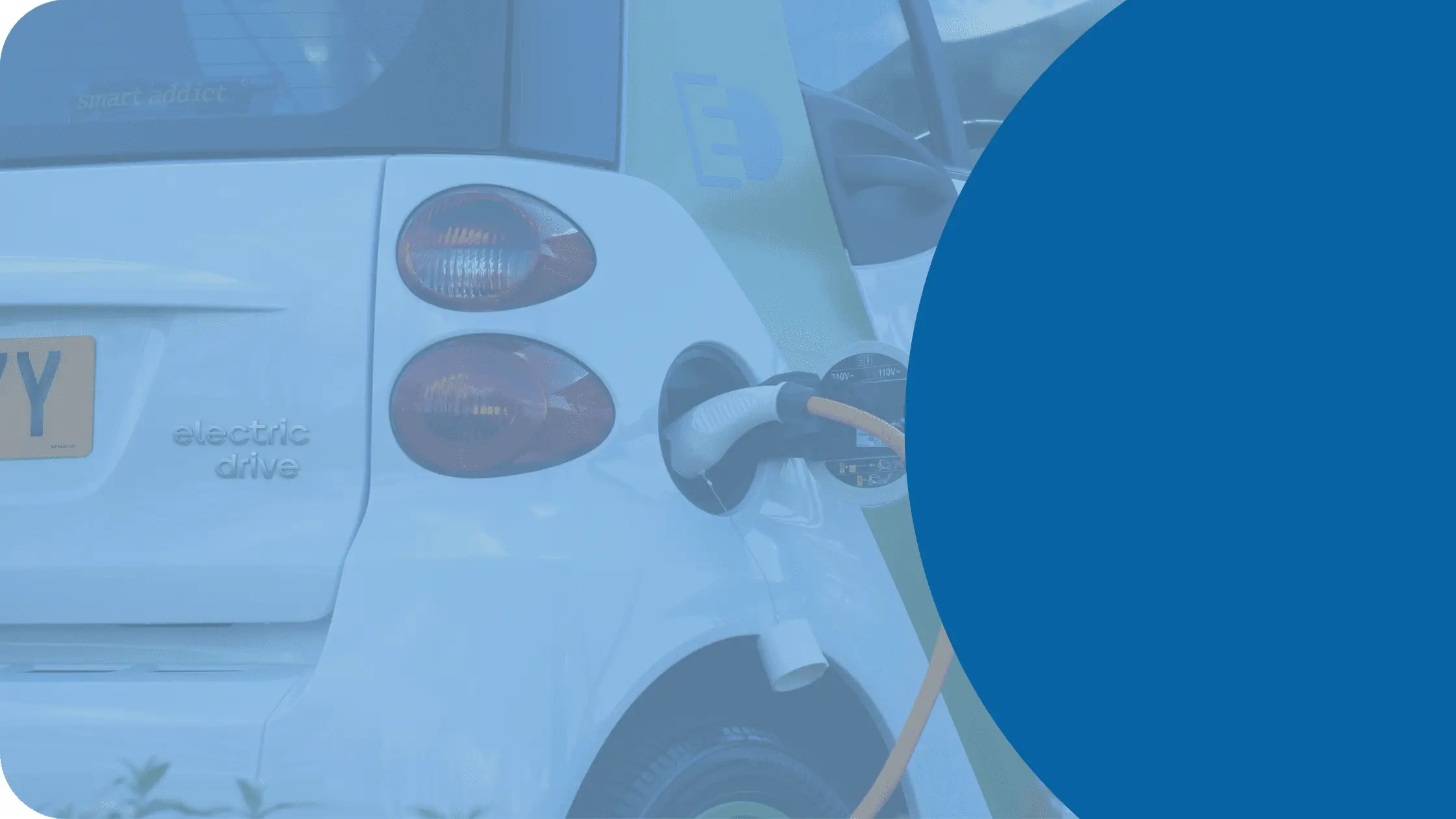
16-08-2022
In September 2021, we went through a period of time where fuel stations had a shortage of petrol and diesel, and queues were forming at he pumps. It was widely reported on throughout ‘shortage’, which didn’t seem to help, but instead caused mass panic among drivers. There wasn’t a shortage of fuel at the source, but the media reporting on the shortage caused people to flock to the forecourts and fill up, meaning fuel stations ran out in just a few hours.
Fuel was rationed by fuel stations to around £30 per vehicle, ensuring everyone had a fair chance of purchasing fuel and getting to and from work.
This fuel shortage in the UK continued for around 3 weeks before it seemed to iron itself out and the media decided to focus on something else, meaning the pumps were no longer run dry by lunch time and fuel station workers could breathe a sigh of relief.
Once the ‘shortage’ was rectified and we were firmly getting back to normal, we have now found ourselves in a time where petrol prices are at an all-time high. This has been brought on by economic changes caused by the war in Ukraine rather than media speculation that there is a shortage.
There are several directions these increased fuel prices could cause consumers to go, one being that there could be another shortage due to panic buying, or people may decide not to buy petrol at all and instead work from home or use public transport.
These rising fuel prices are causing people to rethink their mode of transport, whether its opting to use public transport, starting a car share scheme with colleagues or considering switching their car to an electric model, which doesn’t rely on fuel stations.
Upgrading to an electric car seems like the most economical option given that the government is looking to switch to electric vehicles by 2030 so there’s plenty of incentives in place to help you achieve this.
With petrol prices as high as £1.70p per litre, the same journey will now cost you almost double what it would have at the start of lockdown back in 2020 when petrol prices fell below £1. This seems to be having an affect on consumers who have expressed increased interest in electric cars, as Google searches suggest (Google Trends data).
Owners of electric vehicles don’t have to worry about fuel prices as EVs can be charged for just a few pounds using a public charge point or a home wall charger.
Electric vehicle owners also don’t need to be concerned with fuel shortages at the pumps which can have a dramatic affect on those who commute to work on a daily basis.
Whilst electricity prices can rise, which they did do at the start of 2022 and are set to rise again in April 2022, there might still be a concern, but the cost is still nowhere near as high as petrol and diesel.
Being able to charge your electric vehicle from home rather than having to make a journey out to a fuel station is much more convenient for most people. The idea that you can simply plug in your car and leave it to charge overnight is more desirable that having to head out to a fuel station last minute when you realise you are low on fuel.
There are different types of at home charge points, offering different levels of charge and power.
Three-pin wall socket – some vehicle chargers are capable of utilising a standard three-pin socket, but the power that is transmitted is much lower, making it one of the slowest charging options available, with charge times as high as 35 hours.
Wallbox charger – wallbox chargers offer much faster charging and are fitted to the exterior of your home, meaning there is generally fewer trailing wires.
One of the main reasons people decide to switch to an electric vehicle is that they are more economical and efficient. They omit far less emissions than a conventional petrol or diesel car
You can view quality used electric cars from a wide range of dealers to find the right one for you.